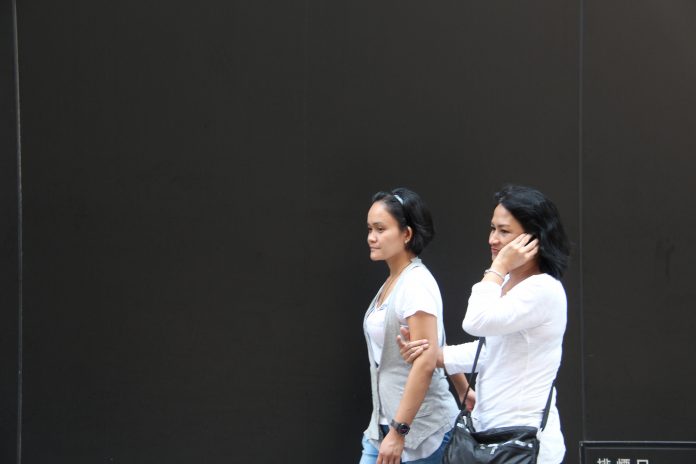A new report by the European Network Against Racism (ENAR) paints a bleak picture. Despite anti-discrimination laws, ethnic and religious minorities and migrants still face discrimination in the workplace.
The report, released on March 21 to coincide with International Day Against Racism, reviews racism and discrimination in employment in 23 EU countries in the last five years.
Researchers found that little has changed since ENAR’s last 2012-13 report, which had warned about persistent discrimination faced by ethnic and religious minorities in the labour market. In fact, not only is there is a lack of enforcement and awareness of existing anti-discrimination laws, but some laws and policies limit migrants’ access to the labour market.
“It is shocking to see that so little has been done to tackle persistent and widespread racial discrimination in employment across Europe, and in particular the intersections of racism and sexism,” said ENAR Chair Amel Yacef. “Ethnic and religious minorities and migrants are an integral part of the workforce and are contributing to the European economy. But the structural and individual racism that they experience in the labour market impacts their lives, and also prevents them from fully utilising their talents. EU governments must urgently take both preventive and proactive measures to ensure equal outcomes in employment.”
According to the new report, ethnic and religious minorities and migrants still have fewer chances of getting through recruitment processes. And, once in a job, they face additional obstacles, including racist incidents in the workplace, wage disparities, job insecurity and in the worst cases, exploitation and difficult working conditions.
In Ireland, for instance, a large proportion of racist incidents reported is in the workplace (31%). In Germany, the monthly income of people of African descent was almost 25% less than the national mean monthly net income. In Italy and Greece, migrant workers face inhuman and exploitative working conditions, in particular in the agriculture sector.
As for women of colour in Europe, they are particularly vulnerable to discrimination, exploitation, sexual harassment and mistreatment, experience high rates of overqualification, as well as segregation in specific sectors like domestic work.
In France, women with an African background have the lowest labour market activity rate. In Cyprus, most female migrant domestic workers are subject to multiple discrimination, unequal, unfair and abusive treatment, violence and/or sexual abuse. In Belgium, 50% of discrimination complaints by women on the ground of religion (Islam) received by the equality body in 2014 concerned employment.

